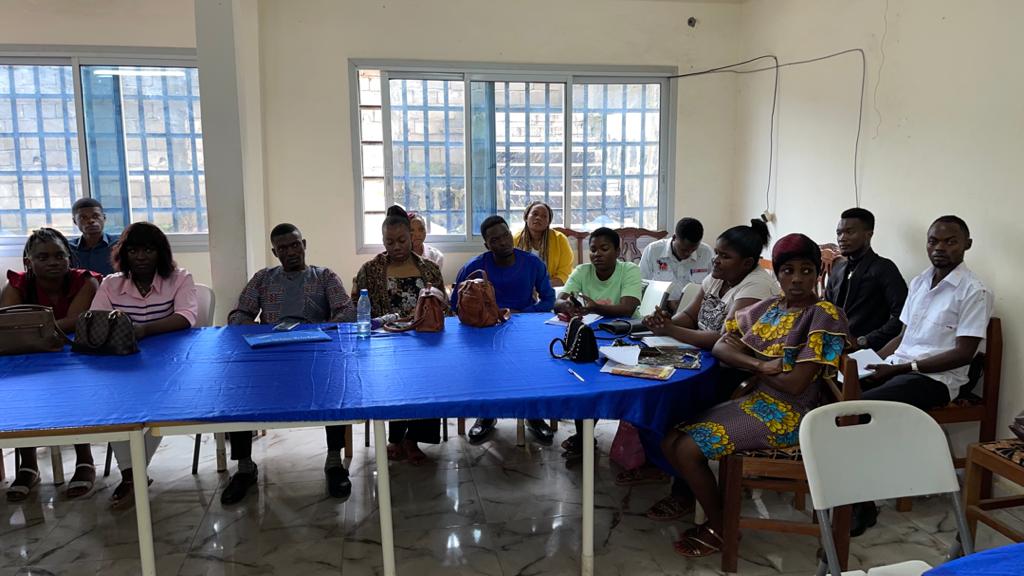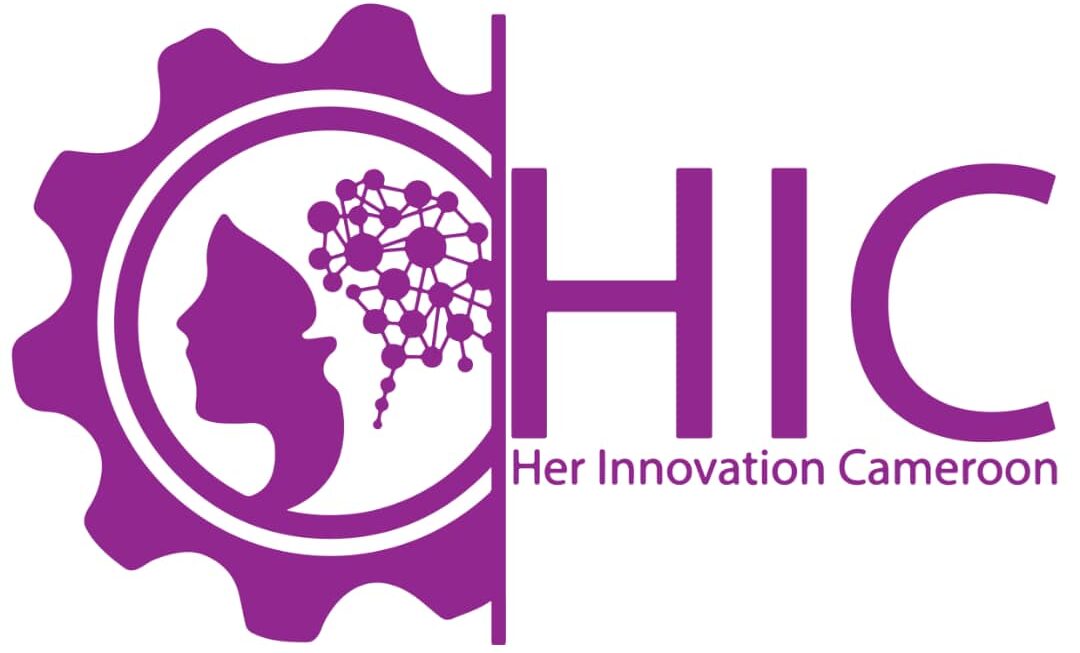The outbreak of the Anglophone Crisis in the Northwest and Southwest regions of Cameroon in 2016 resulted to maiming, looting, killing and burning of some villages. This cycle of violence is still ongoing till date. As a result, lives have been lost, children has been rendered orphans and there has been displacement of individuals from their homes to other regions and areas within the national territory in search of a peaceful atmosphere. This displaced persons are known as IDPs (Internally Displaced Persons). Most of these IDPs left places such as Batibo, Mamfe and Bali of the Northwest and Ekona, Kwa-kwa and Muyuka in the Southwest in a state of panic and trauma after experiencing the killings of almost all their families and loved ones and their houses burnt in these villages thus are homeless. The government on her part and some non-governmental organizations have been doing aid programs to provide these IDPs with skills, funding and basic necessities to assist them get on their feet once more.
Having moved to completely new locations, the IDPs have found it very difficult to integrate socially. These is due to a number of reasons such as trust, differences in culture, values and depletion of available resources. Her Innovation Cameroon (HIC) saw the plight of these people and carry out an extensive survey to understand why they are having lots of difficulties integrating with the host communities in order to address these issues in the nearest future. The host communities visited included, Mudeka, Molyko, Batoke in the Sourh West region and Nkwen, Dschang and baffoussam for tjose affected in the North West region. Close to 500 respondents (IDPs 80 % and host members 20%) were reached during this survey. Most of the problems faced by these IDPs include; poverty, unemployment, lake of shelter and basic amenities, loss of civil documents (birth certificates, marriage certificates etc)discrimination by members of the host communities and much more.
Her Innovation Cameroon in a heartfelt gesture looked at the problems faced by IDPs in the process of social integration and cohesion into their host societies and decided to organize a talk room as these problems were becoming detrimental to the mental health of some IDPs who were critically in need of help. In a bit to cope with the hand life have dealt them, the some IDPs have engaged in harmful practices such as taking harsh drugs and marijuana all with the motive of reducing the anxiety and stress; stealing and prostitution to make ends meet.

The HIC Talk room was organized after the survey to educate IDPs on how to better achieve social integration through group works and social networking. In addition, it elaborated on the benefits of social integration and cohesion in fostering a safe and better society which is healthy for all its citizens. It reiterated to IDPs on the dangers they stand to face while taking unhealthy drugs, engaging in banditry and prostitution. It made use of psychological games to ensure effective participation and contribution. This talk room was able to put together 60 IDPs for a total talk and game time of 2hours with a lunch break of 20minutes after the 1st hour elapsed.

HIC Talk Room
At the end of the talk room, a survey showed 83% of the IDPs present at the talk room were satisfied with the outcomes of the talk room and intimated that what they have just learned will havepositive impacts on them individually and communally. Of the percentage who were not satisfied with the program, they proposed recommendations for improvements on the next talk room and proposed topics for discussion of which one was to organize a workshop to teach IDPs some life sustainable skills for self-empowerment and to foster the UN goal of sustainable growth and development.
Nevertheless with the achievement and results from the talk room, HIC is more determined to do more to further enhance the social integration, cohesion and empowerment of IDPs with emphasis on the girl child and women as they are more vulnerable in today’s society.
